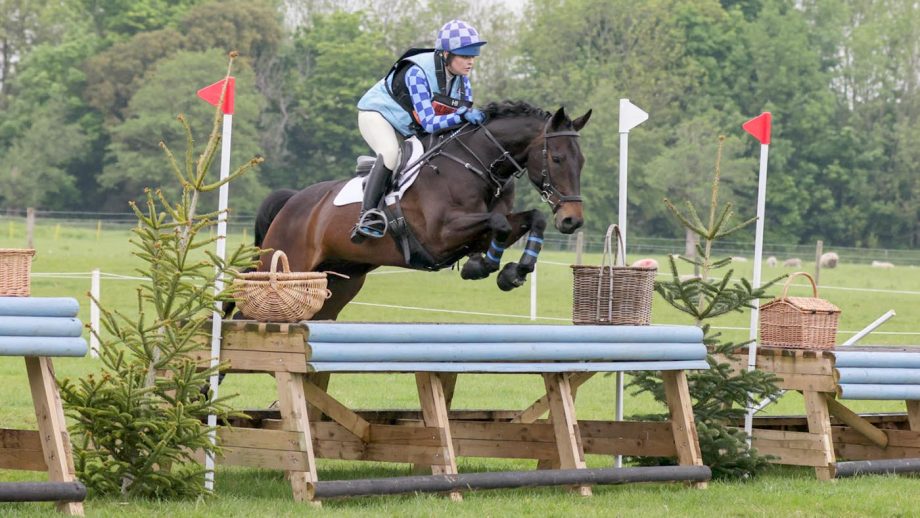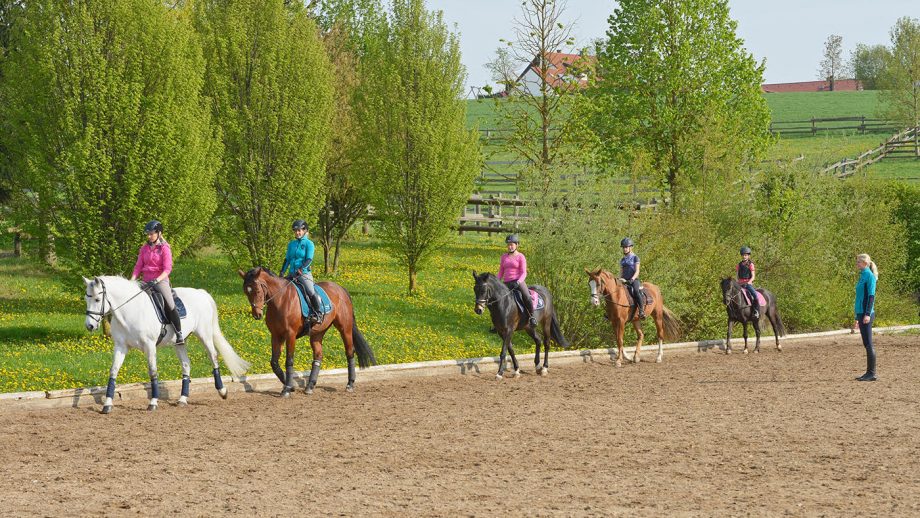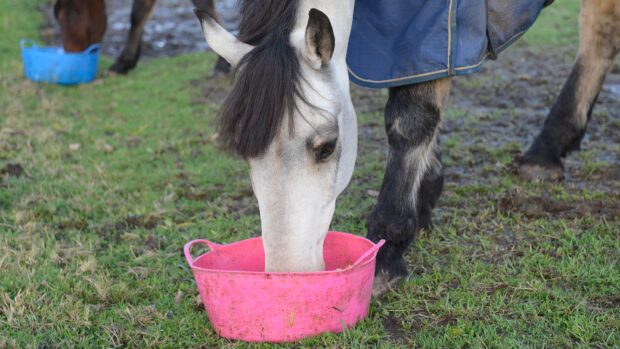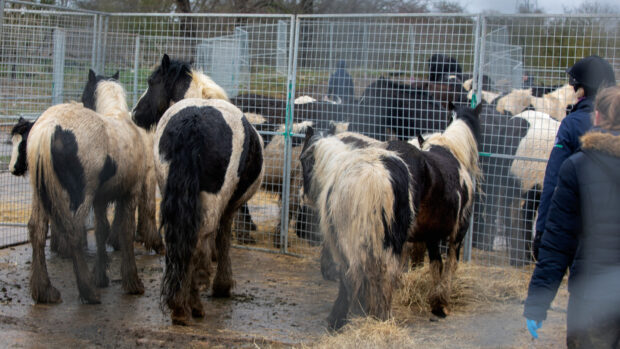Riding schools are facing what may be their toughest time yet, despite Covid and previous recessions.
As bills have increased, riding schools are feeling the pinch twice; they need to spend more to keep running, but many clients are cutting back on lessons to save money. Add the recent increase in horse prices, and the situation is not a good one.
John and Abi Shaw have been running John Shaw Equestrian in Manchester for 20 years, and High Legh Riding Centre in Cheshire for about 18 months.
“I’ve never known anything like this,” Mrs Shaw told H&H. “A year and a half ago, we had waiting lists and people wouldn’t miss a week or they’d lose their slot. Now, they’re cutting back and riding isn’t a priority.”
The Shaws had to sell horses during Covid to pay bills. Now, finding suitable animals is an issue.
“A nice, 15.2hh cob gelding, a cross-pole jumper, safe and sensible, I’d have given £3,000 for in 2013,” Mr Shaw said. “Now, you pay £8,000, if you can find one.”
Mr Shaw said the couple are “passionate” about riding schools and giving people the opportunity; former pupils have gone on to affiliated and international competition, equine college and careers in the industry.
But the numbers do not add up; Mr Shaw said their yards charge between £130 and £180 per week for livery. Mr Shaw said his electricity has gone from £7,000 a quarter to £19,000 – staffing, forage, maintenance, feed, insurance and rates, and there is not a lot left.
“It’s a constant worry,” Mrs Shaw said. “This is our sole income and we’ve got two children. It’s a bit desperate.”
Mrs Shaw said the schools have had a hugely positive impact; giving city children who had never ridden a way into the industry, two daughters whose mother credits their lessons for helping them back into mainstream education, and more. But she does not think they can keep both venues operating all winter.
“I think riding schools will die out in a big way,” Mr Shaw said. “People will look at the value of the land and say, ‘Sod it.’”
Lucy Reeves, managing director of Cotswold Equestrian Academy CIC in Worcestershire, agreed. Her small school has also suffered this summer, as one horse tested positive for strangles just before the school holidays.
She told H&H that staff were waiting for final test results and hoped to be able to open this week.
“We are a dying breed as it is, and after Covid and the changes to licensing regulations, many of our fellow riding school owners have had to move on. But we have so much to offer and have worked so hard to survive,” she said.
She added: “We’re a small riding school with 10 horses and if something went wrong, we couldn’t afford to replace one. We cater mainly for children, and people are less likely to cut back on spending on their children, but people are coming less often, it has a big impact.
“We started a GoFundMe campaign [when the strangles was confirmed] and raised about £4,000 through donations; I couldn’t believe how many people donated and I don’t know how we’d have done it without them.”
Promotion
Equestrian PR advisor and social media expert Rhea Freeman told H&H there are free or cheap ways riding schools can promote themselves.
“Social media is seriously underused by many riding schools, but it allows them to connect with their exact target market,” she said. “Posting content regularly, looking at what gets engagement – videos of ponies is a great start! – collaborating with other local businesses that share an audience, and running competitions and promotions can be great ways to get in front of new people and previous customers.”
Ms Freeman suggested that once social posts are popular, riding schools could look at ads, starting spending low and targeting specific ages and locations.
“Think about what other activities these people might do,” she said. “If you’re aiming to grow school-aged customers, can you speak to local schools about being part of their newsletter or run an offer for people at the school?
“Nurture customers to encourage loyalty and maybe even use them as a way to grow your riders – could you run a ‘bring a friend’ promotion where both of them save money?
“From a PR angle, if you’re doing something interesting, contact the local press. Maybe you’ve had a foal and you’re running a competition for names or you’ve got a golden oldie with a good story. Work on these connections and don’t be afraid; worst case is that it doesn’t fit, but you could gain good traction from a piece in your local press.
“And look at mailing lists. Social media is awesome, but if you have your own list or people who have properly opted in to receive information, you can contact them with new things – special offers, holiday activity, competitions; and you’re not relying on social media to show it to them.”
A British Horse Society (BHS) spokesman said the charity is concerned the cost-of-living crisis is hitting riding schools and livery yards “particularly hard”.
“We have seen 250 riding schools close across the UK since 2018; an approximate loss of more than 1.5 million riding lessons per year,” he told H&H.
“In the face of hardship, we must collectively continue to identify and execute clear plans that will support working equine and facilities, and ensure riding and horses are here for future generations. The BHS is in direct contact with our BHS-approved centres to offer one-to-one advice and support. We have supported over 350 riding schools and awarded over £1m towards new equipment, and increasing participation and diversity.
“Through our Second Chance partnership with the RSPCA, we have also been able to fund 120 horses and get them into our riding schools. This allows rescued horses to be rehabilitated by equine professionals in a safe, secure environment. Taking these steps to protect and nurture our horses, our sport and that unique horse-human bond, through times of difficulty, has never been more critical.”
You might also be interested in:

‘The beginning of the end’: major riding school’s closure must spark debate

‘Riding is at risk’ as 250 schools have closed in four years

‘I’m so proud’: riding school horse qualifies for Badminton grassroots 2023

Riding schools in ‘national crisis’ over ‘unfit for purpose’ licensing system

Subscribe to Horse & Hound magazine today – and enjoy unlimited website access all year round
Horse & Hound magazine, out every Thursday, is packed with all the latest news and reports, as well as interviews, specials, nostalgia, vet and training advice. Find how you can enjoy the magazine delivered to your door every week, plus options to upgrade your subscription to access our online service that brings you breaking news and reports as well as other benefits.




